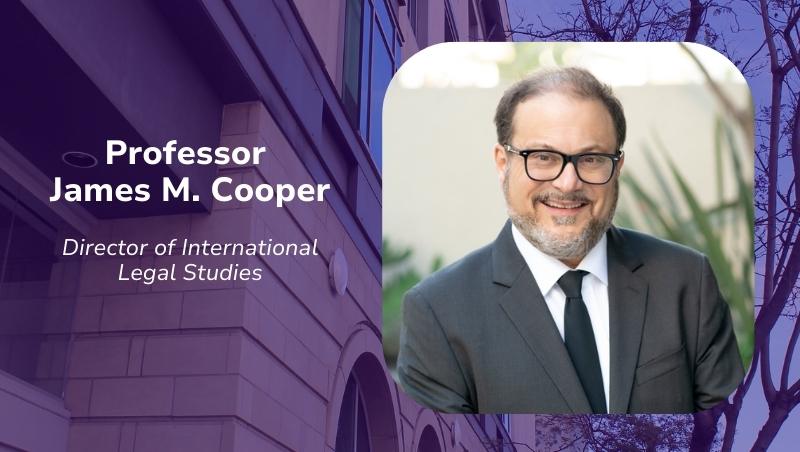
Professor Cooper on Diminished U.S. Influence in Latin America

Faculty at California Western keep their eyes on the international scene, providing astute analysis of legal and political developments and their reverberations across the globe. The most recent example is Professor James Cooper’s op-ed “Latin America is No Longer the ‘Backyard’ of the United States," published in The Messenger last week.
In the article, Professor Cooper provides historical context for the U.S.’s outsized role in Latin America throughout the 19th and 20th centuries. Following the Monroe Doctrine, proposed by President James Monroe in 1823, the United States opposed European colonialism in the Western Hemisphere and exerted its own influence across the region.
Professor Cooper asserts that, in recent years, the situation has shifted significantly in Latin America. Central and South American countries are increasingly influenced by China, Russia, India, and Iran and actively seeking economic and political partnerships with those countries. Professor Cooper sums it up, writing, “The rest of the world pays little or no attention to the Monroe Doctrine. Uncle Sam is clearly on the outs, short of an invitation to the cool kids’ party.”
Ultimately, Professor Cooper argues, the United States’ historical policies toward Latin America may now undermine its ability to find common ground with countries that “take the right of self-determination and the international legal principle of non-intervention seriously.” Professor Cooper concludes that in order to maintain or develop friendly economic and political relationships in the region, “the United States may just have to play a little bit nicer.”
You can read the full article in The Messenger here.
